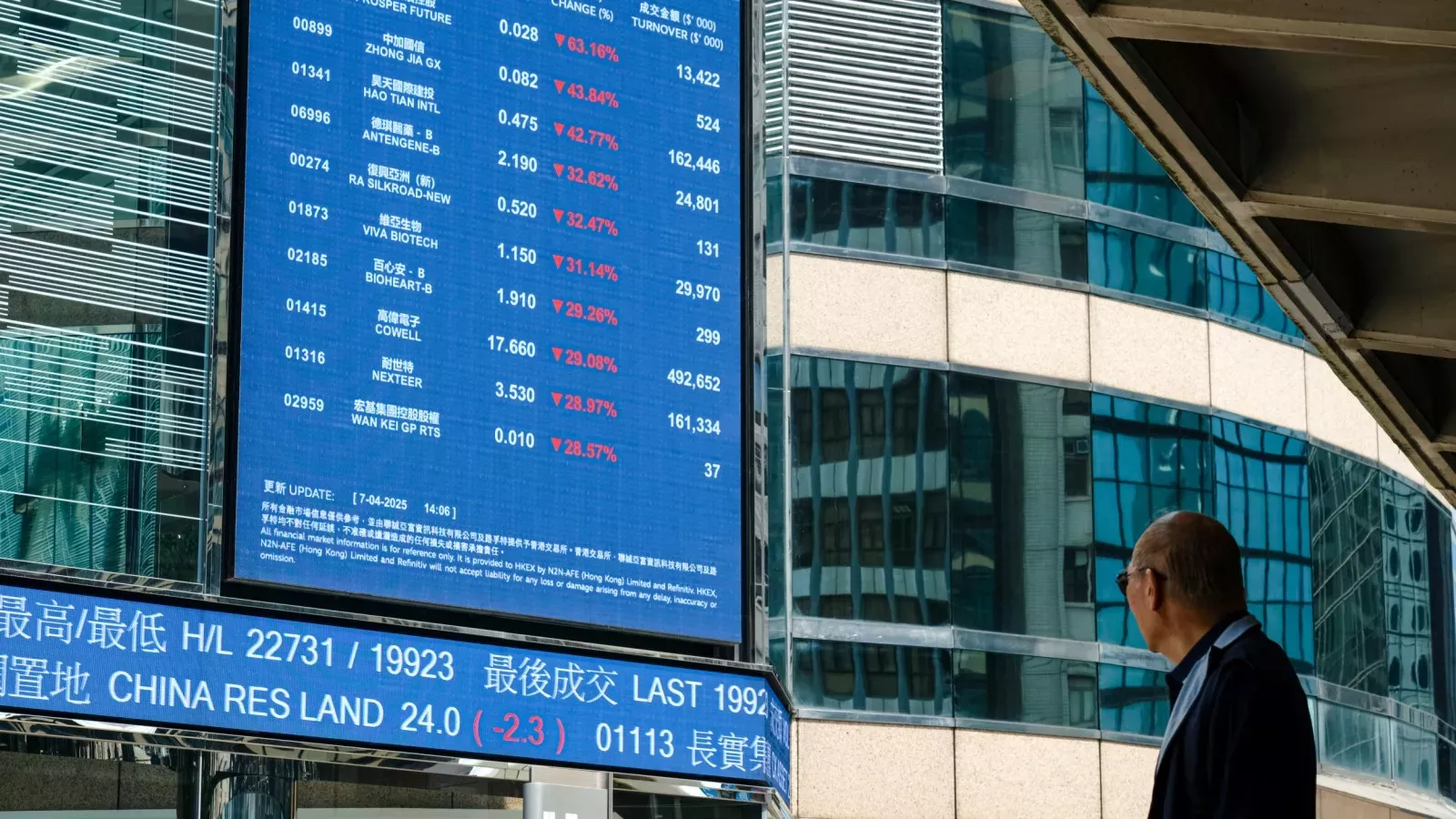Sunshine State Showdown: Local Business Challenges Trump's Tariff Tactics in Explosive Legal Battle

In a stark illustration of the economic impact of trade tensions, a popular stationery brand is facing significant financial challenges due to the Trump-era tariffs. The company, known for its trendy and meticulously designed planners and notebooks, reveals that these trade policies will drain hundreds of thousands of dollars from their annual budget. This unexpected financial burden threatens to disrupt their business model and potentially impact pricing for loyal customers who cherish their stylish organizational tools.
